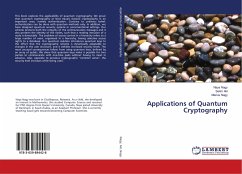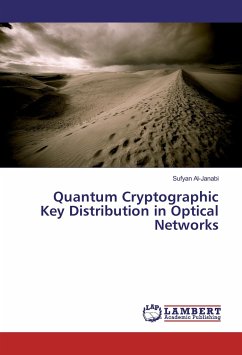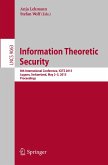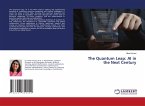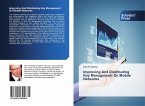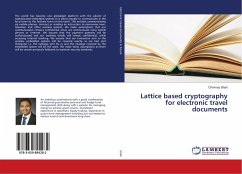This book explores the applicability of quantum cryptography. We prove that quantum cryptography at least equals classical cryptography in an important area, namely authentication. Contrary to previous belief, authentication can be done with quantum methods only. In addition, we have designed quantum security systems in unconventional settings. Our scheme protects both the integrity of the communication messages and it also protects the identity of the nodes, such that a reading intrusion of a node is detectable. The problem of access control in a hierarchy refers to a large number of users, organized in a hierarchy, having selective access rights to a database. Our quantum solution introduces quantum keys to the effect that the cryptographic scheme is dynamically adaptable to changes in the user structure, and it exhibits increased security levels. The most unusual consequences follow from using quantum keys, defined by an array of qubits. We show that quantum keys make it possible for two parties to communicate with one-time pads without having to meet in advance. Also, opposite to previous cryptographic "common sense", the security level increases while being used.
Bitte wählen Sie Ihr Anliegen aus.
Rechnungen
Retourenschein anfordern
Bestellstatus
Storno

